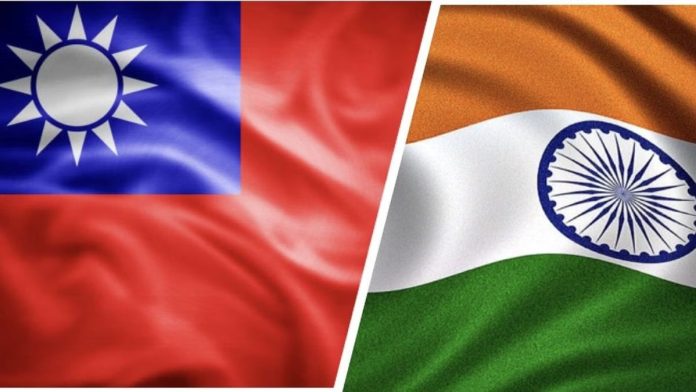India and Taiwan have made sustained efforts to advance their relations in recent times, actively working to strengthen ties and move beyond the sporadic nature that once characterised their relationship. A pivotal moment in the evolution of India’s Taiwan policy unfolded last week with the signing of a labour pact between the India-Taipei Association and the Taipei Economic and Cultural Centre. These offices serve as the countries’ de facto embassies in Taipei and New Delhi, respectively.
Reportedly signed after prolonged negotiations and discussions, this pact will allow Indian workers to seek employment in Taiwan, which is facing a labour shortage in areas such as manufacturing, construction, and agriculture.
As India’s approach toward Taiwan continues to mature, the overarching goal remains to sustain this positive momentum and cultivate deeper cooperation across various domains covered within the framework of their unofficial relations.
The labour pact is now slated for a thorough review in the Legislative Yuan. Beyond its symbolic significance, the pact holds immense potential in strengthening commercial linkages and foster closer people-to-people connections.
A mutually beneficial relationship
Currently, the Indian expatriate community in Taiwan – about 5,000 people – is predominantly engaged in white-collar professions. With the pact opening blue-collar employment opportunities for Indians, there exists a prospect for a notable increase in the Indian population in Taiwan. This demographic shift not only promises to deepen people-to-people ties but can also pique the Indian government’s interest in Taiwan.
Taiwan grapples with a significant labour deficit exacerbated by declining birth rates and an ageing populace, making this pact instrumental in mitigating pressing demographic challenges.
Strategically, many Indians continue to harbour apprehensions about Taiwan’s perceived riskiness, largely influenced by concerns surrounding the China threat. However, the anticipated increase in the number of Indians in Taiwan holds promise in fostering deeper familiarity with the island nation in India. This firsthand exposure has the potential to dispel existing misconceptions and nurture a more nuanced understanding of Taiwan’s geopolitical complexities among Indians.

































